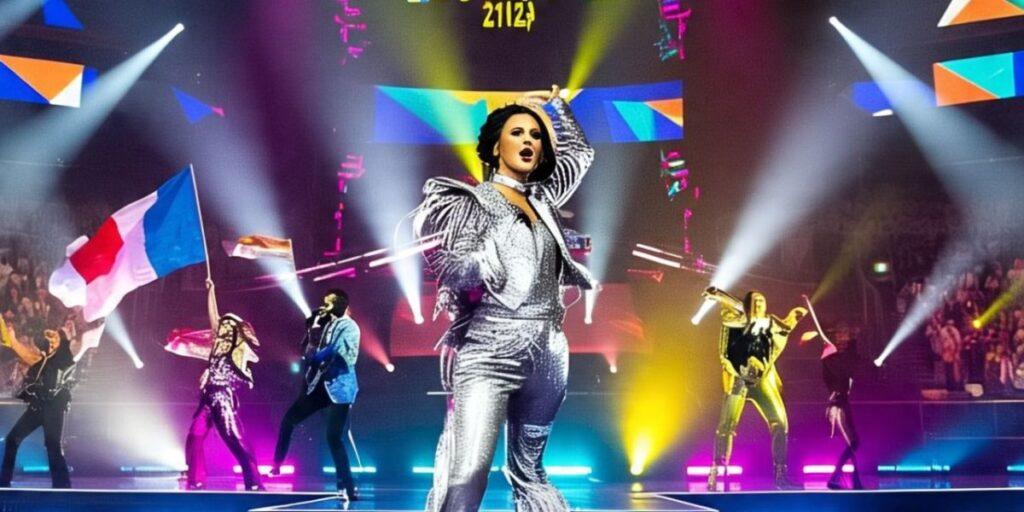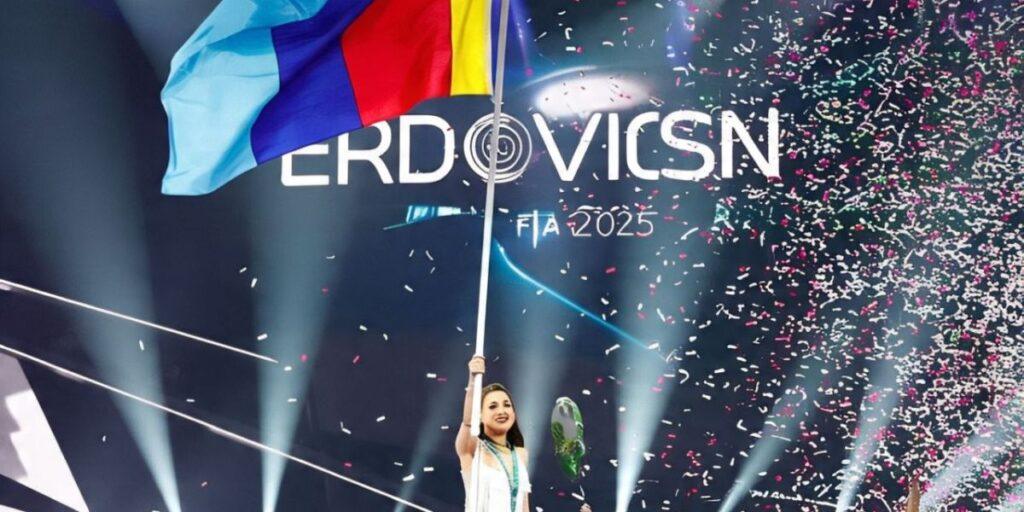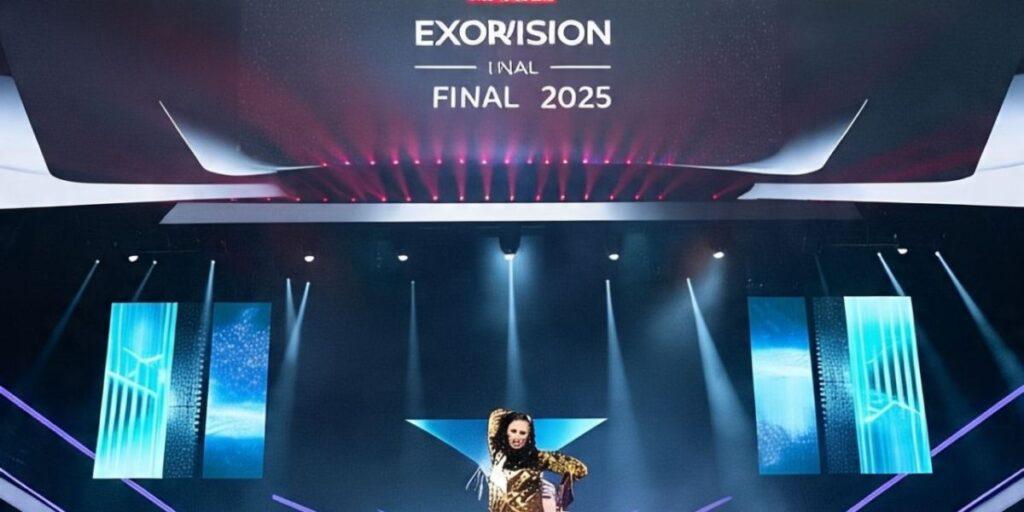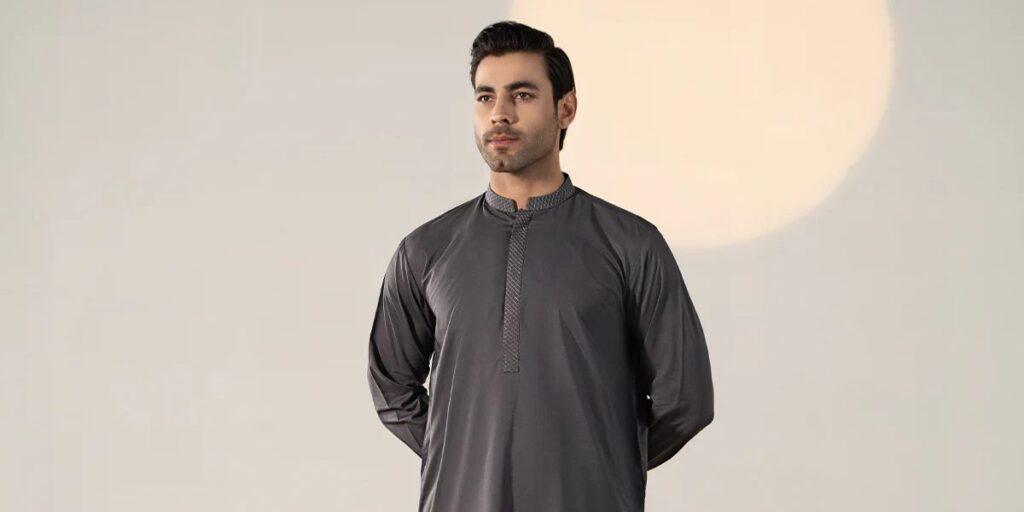
Is Eurovision Losing Its Spark?
Let’s be honest—over the last few years, some fans have been quietly asking the same question: Is Eurovision still relevant? The glitz, the glam, the drama—it’s all part of the show. But something had been off. Sure, the sequins were still shining, and the vocal runs were still impressive, but the emotional charge? The edge? It had started to fizzle. People were wondering if Eurovision was becoming, well… just noise.
Google Trends even showed a slump—searches for “Is Eurovision declining” and “Why Eurovision feels boring” weren’t rare anymore. The same voting patterns. The same predictable finalists. It started to feel like a yearly musical rerun with slightly shinier props.
But then came 2025. And wow—did things flip.
New Faces, Real Fire: The Class of 2025
You know when someone new walks into the room and just owns it? That’s what this year’s lineup felt like.
Eurovision 2025 cracked open a whole new energy, mostly because the talent this time wasn’t just about viral appeal or stage presence. These were artists who meant it. A solid chunk of this year’s acts came straight from indie scenes, underground rap battles, and TikTok stardom. Not manufactured personas, but real voices with grit, pain, joy—and yeah, some seriously wild fashion.
Take Denmark’s submission: ion, a gender-fluid neo-soul artist who mashed jazzy vocals with cyberpunk visuals. Or how about Georgia’s punk-folk duo who lit their instruments on fire mid-performance (with safety checks, of course)? And then there was Spain—bringing in a 17-year-old flamenco-trap hybrid artist who’d never even sung on live TV before.
Key phrase? Fresh acts for Eurovision 2025. It wasn’t just a trend; it was the whole point.
Lights, Camera, Whoa: The Stage That Stole the Show
Alright, now let’s talk stagecraft—because, come on, this year? The Eurovision 2025 stage looked like something out of a sci-fi film directed by Daft Punk and designed by NASA.
Picture this: a rotating hexagonal core with 360° projection mapping, drone-assisted lighting choreography, and reactive floors that changed with every beat drop. You could practically feel the bass through your screen. Not just good. Ridiculously cinematic.
Remember Norway’s act? The one with the aerial silks, holographic wolves, and ultraviolet paint splashes that glowed on cue? Yeah. That’s going straight to the highlight reels for best stage performance at Eurovision—no question.
And that’s the thing. Eurovision 2025 didn’t just give you a concert. It gave you an IMAX-level, multi-sensory arena show that made most music festivals look like open mic night.
Bias? Let’s Talk About It—Then Fix It
Here’s the thing: Eurovision’s voting system has always had its issues. Anyone who’s watched over the years knows the drill. Neighboring countries are giving each other 12 points. Political shade masked as scoring. Jury vs. public vote drama. It started feeling rigged—even if it technically wasn’t.
But 2025 made some serious changes. And for once, they worked.
This year introduced an AI-powered bias detection tool (yes, really) that flagged repeat patterns and adjusted jury influence dynamically. Public votes were geo-anonymized—so you couldn’t even tell where they came from until the final reveal. The result? A much fairer, way more suspenseful tally. Less eye-rolling, more edge-of-your-seat excitement.
And the response? Wild. Reddit blew up. Fans said, “This is the fairest Eurovision I’ve seen in years.” That’s no small thing. The keywords were clear: Eurovision 2025 voting changes—and for once, they were trending in a good way.

Unity, Drama, or Something in Between?
Okay, now to the spicy bit—the controversies. Because let’s not pretend Eurovision can ever be apolitical.
This year, things got tense when one Eastern European country submitted a song about freedom and digital surveillance, clearly aimed at a certain superpower. That performance? Chilling. Bold. And very divisive.
Then there was the North African guest performance, marking a first in Eurovision’s history of international invites. Some loved the cross-cultural exchange. Others cried foul, saying it diluted Eurovision’s European core. Even the press was split. Was it cultural unity or a political misstep?
Honestly, both.
But isn’t that what makes Eurovision so electric? It’s a glitter-drenched pressure cooker of art and identity. The Eurovision 2025 controversies didn’t overshadow the music—they made it feel important again.
So… Why Was Gen Z Watching?
Gen Z? Watching Eurovision? And posting about it? Yeah, that happened.
And no, not because their parents made them.
Eurovision 2025 figured out something most legacy shows still can’t: how to meet young people where they are. Not through some cringey “Hey fellow kids” marketing campaign—but with actual platform-native content.
This year, the pre-show and behind-the-scenes content went wild on TikTok. Think rehearsal fails, hot takes from the green room, and duets with fans reacting in real time. They even let popular streamers do co-commentary over the YouTube feed.
It was hilarious. It was messy. It was real.
And it worked. Search trends for Eurovision 2025 and TikTok, and Eurovision 2025 online views shattered records. It felt less like a TV show and more like a shared group chat with the entire continent.
Numbers Don’t Lie: Eurovision Is Back

Let’s wrap it up with the receipts.
Eurovision 2025 pulled in the highest viewership in the contest’s history. Not just in Europe, either. The U.S., South Korea, and Brazil—they all clocked in. Streaming platforms reported record watch time. YouTube? Crashed for a moment during the final results reveal.
And it wasn’t just views. It was emotion. Hashtags like #EurovisionCried and #MyHeartVoted were trending worldwide. Fans weren’t just watching—they were invested. That’s what you get when you finally nail the balance between spectacle and soul.
The verdict? This wasn’t just the most-watched Eurovision. It was the one that proved the format still matters.
Conclusion:
Eurovision 2025 reminded us why the contest matters. Not because it’s perfect, but because it’s trying. It’s evolving, growing, and listening—even when it stumbles.
For a generation that’s skeptical of legacy systems and tired of fake gloss, honesty counts.
So yeah—maybe Eurovision had lost some of its spark. But in 2025? It struck a match. And this time, it didn’t fizzle out.


